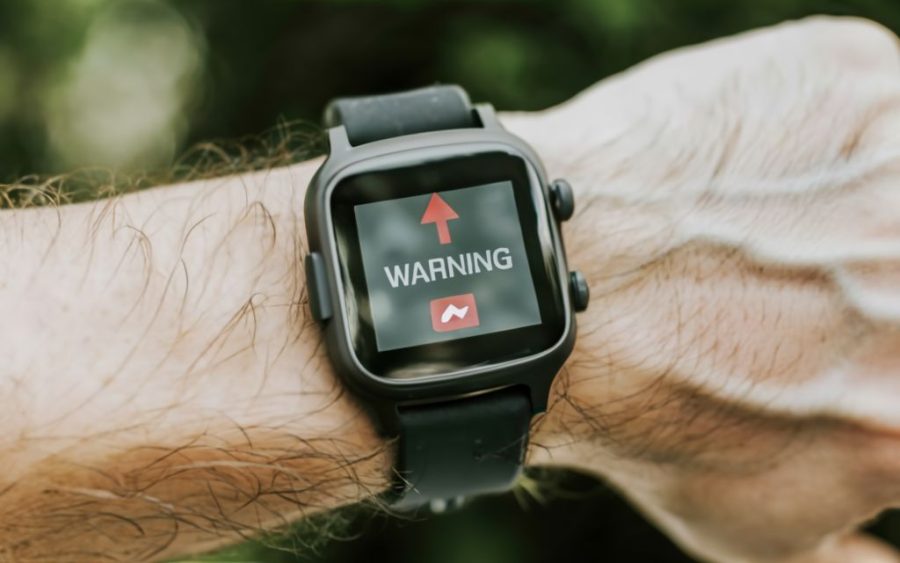The U.S. Food and Drug Administration (FDA) has urged consumers not to use smart devices to manage blood glucose levels unless they pierce the skin.
The FDA’s statement, released on their website officially states that only the items that are FDA-approved for specifically managing these vital levels should be trusted. FDA MedWatch posted on X:
Do Not Use Smartwatches or Smart Rings to Measure Blood Glucose – FDA Safety Communication https://t.co/OmUgZAT0dW pic.twitter.com/3iSavMqYO8
— US FDA MedWatch (@FDAMedWatch) February 21, 2024
FDA advice
The FDA has stated that “regardless of manufacturer or brand” those devices which are not approved by the regulator should be avoided as “sellers of these smartwatches and smart rings claim their devices measure blood glucose levels without requiring people to prick their finger or pierce the skin. They claim to use non-invasive techniques. These smartwatches and smart rings do not directly test blood glucose levels.”
Accurate reportage of blood glucose is vital for diabetic conditions for example and inaccurate results could prove more costly than a non-regulated device. Taking the wrong dose of insulin,
sulfonylureas or other medications based on improper reportage can cause an imbalance that could lead to “mental confusion, coma, or death within hours of the error.”
”If your medical care depends on accurate blood glucose measurements, talk to your health care provider about an appropriate FDA-authorized device for your needs,” says the statement recommendations for Consumers, Patients and Caregivers.
The government watchdog has asked users who have had issues with medical devices to report the problem via the MedWatch Voluntary Reporting Form.
Any developments that arise in this area will be monitored by the FDA and they will keep the public informed according to the statement.
In tech-related medical news that might not thrill the FDA, Goolge’s Articulate Medical Intelligence Explorer (AMIE) reportedly became more efficient at diagnosing conditions in text-based interactions with patients.
The large language model (LMM) managed to beat human doctors in a closed experiment of twenty mock patients and their fabricated illnesses, but Google has been quick to reaffirm that this was just a trial of a potential new avenue for artificial intelligence (AI) application.
AI is becoming an ever-increasing part of the modern world and reportage data and experiments will continue to be a feature as long as the technology industry sees them as valuable, however, institutions like the FDA will be close at hand to regulate them.
Image Credit: FDA.

















